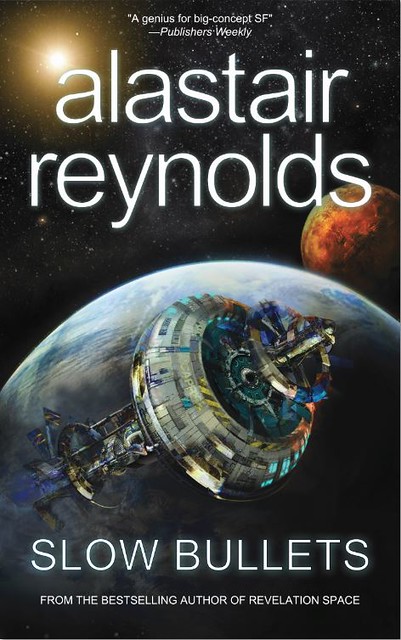I had just begun my month-end Links & Things wrap-up when I realized that the following item would take quite a few more words and space than a single paragraph, so I'm going to post this one point, and then follow with the monthly Links & Things blog post.
The major editing/publishing controversy this past month surrounded author
Jacqueline Howett. The controversy began innocently enough when
BigAl's Books and Pals website reviewed Howett's self-published novel
The Greek Seaman
. The entire review, including the title and author of the book, and the fact that it received two stars, only came to a total of 355 words... But those 355 words generated almost as many comments -- 309 before the blog owner cut off comments. The reviewer stated that readers would "find the story compelling and interesting"; it was the caveat that upset the author so much: "the spelling and grammar errors, which come so quickly that, especially in the first several chapters, it’s difficult to get into the book without being jarred back to reality as you attempt unraveling what the author meant."
The author posted multiple comments to the review, accusing the reviewer of not downloading the correct/current version of her eBook. She accused him of not responding to her personal emails. She accused him of not understanding her writing because she is, and writes, British English. She even went so far as to post other, positive reviews of her book in the comments section, I assume to prove her point and to counteract his review. The reviewer, in turn, posted a couple of the author's more egregiously written sentences as examples -- you judge for yourself:
"She carried her stocky build carefully back down the stairs."
"Don and Katy watched hypnotically Gino place more coffees out at another table with supreme balance."
And then the ultimate sin: when other readers began commenting as well, in support of the review, which was, as I said, positive except for the negative grammar aspects, the author, Jacqueline Howett, told everyone to "Fuck off!" Not the best way to make friends and influence readers to purchase your book. After that, the blog went viral, and the comment section became little more than an author pile-on. After seeing a photo of the author on her blog, and reading about her worldly travels, one would think that her life experience would have yielded more maturity than what she displayed in the comments section.
The lack of quality in her writing unfortunately supports the generalized notion that most self-published books are crap -- and a lot of them are, so we have to rely on reviews like those from BigAl's and other review sites to sift the wheat from the chaff. There are also a lot of lessons to be learned here: It is not the reviewer's responsibility to find/track down the current/correct copy of the book to be reviewed. The book that the reviewer is sent, or the one the reviewer buys off the shelf, or online, is the book that gets reviewed. If you, as the author, do not want a lesser quality book to be reviewed, then don't put it out there! And, as an author, you must learn to accept the good reviews with the bad; you don't necessarily have to like it, but you absolutely must learn to accept it, or shine it on as one bad reviewer's personal opinion, or whatever it takes to get past that negative review. Enjoy the positive reviews when you can, and try to learn and improve your writing and/or the quality of your book from the negative ones.
The link above to BigAl's will allow you to read the review and comment section at your leisure. I doubt that most will read more than the first 50 or so comments; after that, it really does become tiresome. But you'll get the point: Writing 101 -- Don't respond to negative reviews. Simply grin and bear it (and try to learn from the review if you can).
![[Post to Twitter]](https://lh3.googleusercontent.com/blogger_img_proxy/AEn0k_tiF43p-X69x-Sx_6dKkQkkbgt6cTZTDjZPsnM75LqynElSdjm4-gX1FdAKEBSZLGeXR3H3dZsupPouWWVo96W0oMCcs7LOI1NnlwAMN-xyBaZdj0fTFhd-cQDBtK5QeL2SKQ=s0-d) Tweet This
Tweet This
 will soon see print. The official publication date is June 9, but Tachyon Publications titles are typically available a bit early.
will soon see print. The official publication date is June 9, but Tachyon Publications titles are typically available a bit early. , you can read my "Editing in Process" blog post on February 9, 2015.
, you can read my "Editing in Process" blog post on February 9, 2015.

